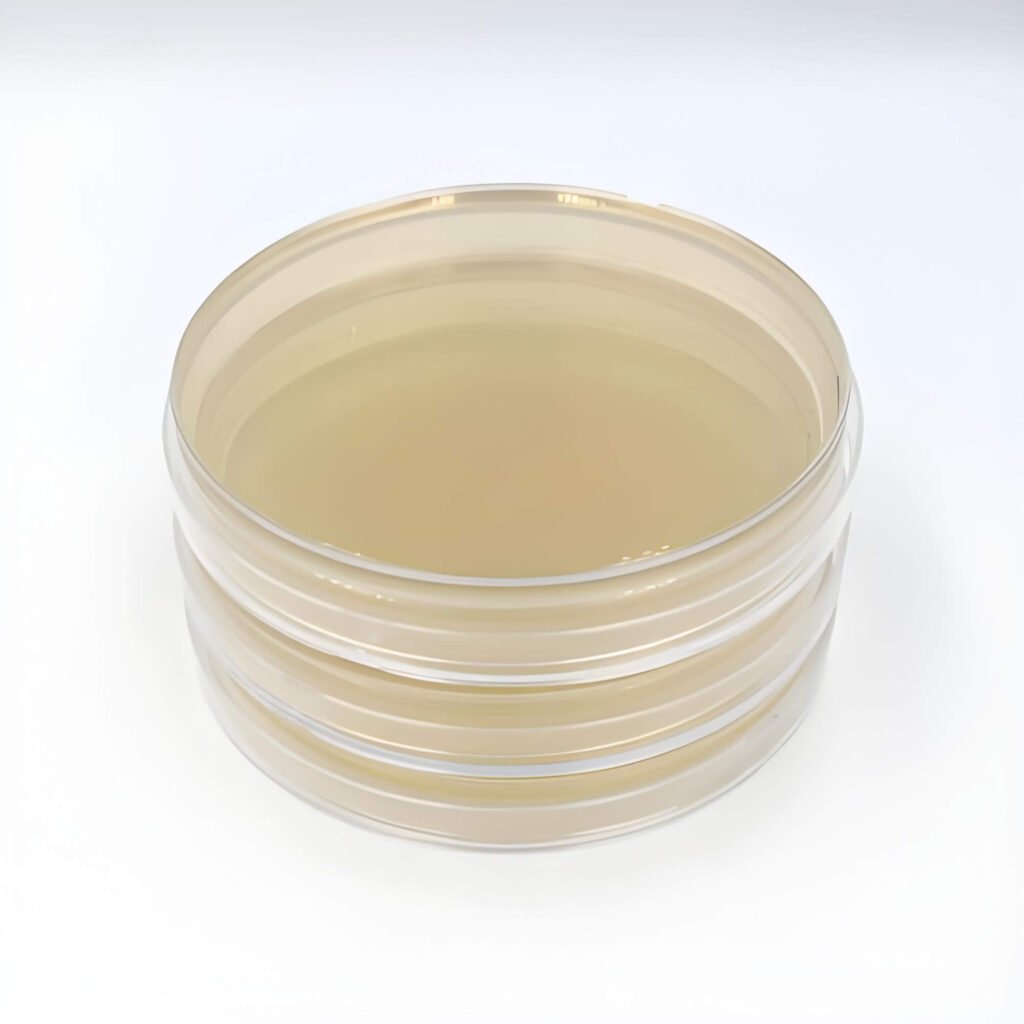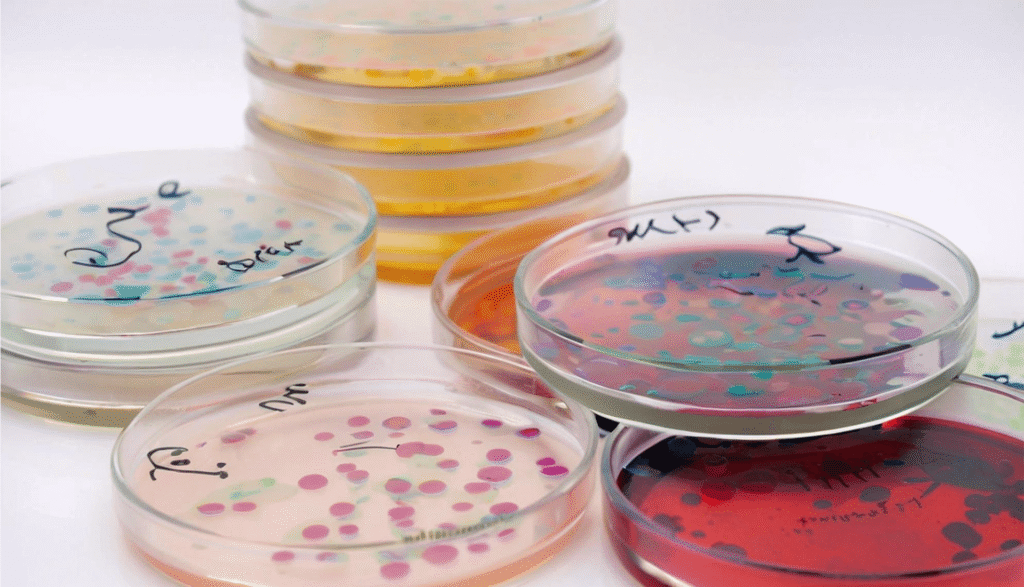
Pre-filled TSA Agar Plates – Soybean-Casein Digest Agar for Microbial Monitoring
Product Overview
Pre-filled TSA (Soybean-Casein Digest Agar) plates are designed for reliable microbial monitoring in cleanrooms, controlled environments, and laboratories. TSA is a general-purpose nutrient medium that supports the growth of a wide range of microorganisms, including bacteria, yeast, and mold. It is widely used for environmental monitoring, settle plate sampling, and general microbial culture applications.
Composition (per liter)
Pancreatic digest of casein: 15g
Papaic digest of soybean meal: 5g
Sodium chloride: 5g
Agar: 15g
Purified water: 1000ml
pH: 7.3 ± 0.2 (at 25°C)
Available Sizes
55mm, 75mm, 90mm, 150mm
Applications
Cleanroom microbial monitoring
Settle plate sampling in controlled areas
General microbial detection and culture experiments
Surface contact sampling for environmental hygiene testing
Storage Conditions
Store at 2–25°C, protected from light. Shelf life: 6 months.
Performance Characteristics
Appearance: light yellow, smooth surface, free of cracks and visible impurities
pH within specification, gel strength 500–750 g/cm²
No microbial growth after 5 days incubation at 30–35°C (sterility confirmed)
Excellent moisture retention with minimal water loss
Supports robust growth of control strains, including Pseudomonas aeruginosa, Bacillus subtilis, Staphylococcus aureus, Candida albicans, and Aspergillus niger
Usage Instructions
Transport the packaged plates to the sampling location. Remove the outer layers step-by-step, opening the final sterile package in the clean area.
For contact plate sampling, press the agar surface gently against the target surface for about 10 seconds, then carefully replace the lid.
Label plates with sampling location, date, and operator information.
Incubate at 30–35°C for at least 48 hours, or follow alternative incubation conditions as required.
Record and count colonies.

